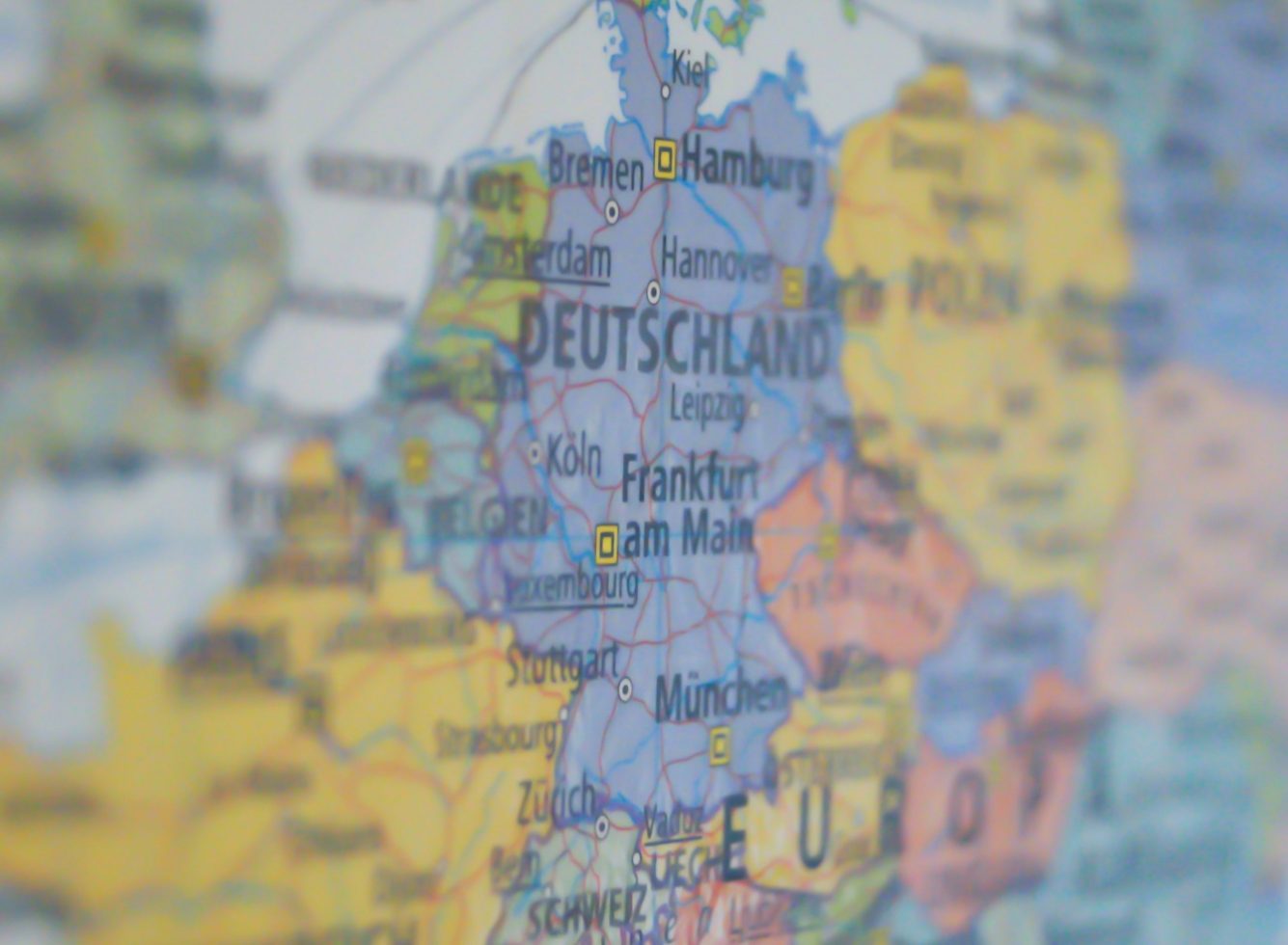3 reasons why UK brands should be selling on European marketplaces in 2022

With the UK withdrawing from the European Union in January 2020 (commonly referred to as Brexit), there has been a lot of uncertainty regarding cross-border trade. Particularly when it comes to rules and regulations on trade such as tariffs, quotas and various other compliance issues, many UK brands have had to adapt and reconsider their European strategies. Indeed, some businesses may even have concluded that selling on European marketplaces is no longer viable for them. This article will explore some of the key reasons why UK brands should be selling on European marketplaces in 2022, outlining the current opportunities for UK retailers and the driving forces behind them.
The first reason that UK brands should sell cross-border into Europe, is the huge growth of the European ecommerce market. In 2021, the value of ecommerce retail revenue in Europe was $465.4billion and is expected to reach over half a trillion US dollars in the next few years. [1] Additionally, the share of ecommerce users is higher than 60% in the most mature ecommerce markets across the European Union, and the ecommerce user rate across the EU is 53%. This illustrates that most people living in EU countries are also ecommerce users, and therefore there is a huge market for UK brands to tap into.
This number is also likely to continue growing. The population of Europe is approximately 746.4million people, of which 87% are internet users. [2] The retail industry has already been experiencing a ‘digital shift’ wherein more and more retail transactions are being conducted online as time goes on. Therefore, as this continues to grow (and with almost everyone having access to the internet) the opportunity for UK brands to sell on European marketplaces is huge.
With there being a clear opportunity for UK retailers to sell into Europe in terms of there being a large number of available customers, it would also be prudent to examine consumer attitudes towards international trade. Perhaps in the past, it was more common for customers to purchase goods from local or domestic vendors, as opposed to international brands. Shipping times would have been longer and people may have been more wary/less trustful of foreign sellers. However, due to globalisation this has become a thing of the past; shopping online is now normal and common, and therefore consumers are also more open to the idea of products coming from abroad.
In fact, many consumers see shopping online with foreign brands as an opportunity to gain access to new and unique products which are not available domestically, as well as obtain better prices or deals in some cases. Perhaps one of the most prominent events that has had the largest impact on globalisation and the way in which people shop is the COVID-19 pandemic. In 2020, for example, Europe experienced a 20% increase in ecommerce revenue, which is double the pre-pandemic rise seen between 2018 and 2019. [3] Furthermore, “revenues are forecast to exceed the $500,000 million mark by 2022.” [3], illustrating that the pandemic has accelerated the growth of ecommerce and the effects of this will continue into the future.
Not only is ecommerce growing across Europe overall, but it also appears that consumers are increasingly open to purchasing internationally. A 2020 study by Sendcloud on online consumer behaviour in Europe found that “53 percent of online shoppers have ordered from an international website in the past twelve months”. [4] This shows that more than half of European online customers have shopped with an international brand and actually purchased goods from abroad within the year prior.
Furthermore, the main reasons stated by the other 47% who did not shop internationally were: delivery costs being too high (51%), the potential for extra customs costs (42%) and difficulties in returning products (40%). [4] Therefore, there is still a lot of potential to gain the loyalty of more customers simply by offering affordable delivery and a hassle-free returns process.
This indicates that many European customers are already shopping internationally, and those who are not would still be prepared to do so under the right conditions, something which working with a European marketplace could help your brand provide. It is expected that this trend will only continue into 2022 – as globalisation continues to surge and technological improvements in logistics make international shipping faster and more efficient, the world moves closer and closer towards ‘borderless’ trade; and customers are already able and willing to embrace this.
So far, we have established a few main points regarding the opportunity for UK sellers to break into the European market. Firstly, there is clearly a lot of demand due to the huge growth that European ecommerce has been experiencing. We then examined the effects of globalisation on this – showing that European consumers are increasingly likely to shop online internationally. The final piece of the puzzle, so to speak, is the glue that holds all of this together; that is where marketplaces come in. Acting as the middlemen, European marketplaces facilitate all of this cross-border trade by providing a platform on which buyers and sellers can come together to do business. One example of such a marketplace is Allegro.
As of April 2021, Polish marketplace Allegro was the third largest marketplace in Europe, just behind Amazon and eBay. [5] With 185 million visits per month, there are clearly large consumer bases to tap into across Europe. Russian marketplace Wildberries has also been growing – it is now fourth in terms of visits and has around 149 million monthly visitors. [5] Overall, although there are differences between countries, marketplaces are becoming more dominant in Europe; they have significant growth and an increasing number of customers are choosing to shop on marketplaces rather than at other retailers. Therefore, selling on marketplaces offer UK brands the perfect opportunity to enter the European market.
In conclusion, it is clear that there is a significant opportunity for UK brands to sell into the European market. As we have outlined, the ecommerce market in Europe has been massively growing – a development that is only being aided by the COVID-19 pandemic. Alongside this, most European ecommerce consumers are already ordering from international brands. Those who are not are concerned primarily with additional delivery or customs costs; sellers that can meet these challenges have a massive chance to gain more market share. For a comprehensive solution where we handle all of these aspects for you, why not work with Arcade as your merchant of record? At Arcade, we can:
- Facilitate your brand’s cross-border trade strategy in Europe and beyond
- Leverage our relationship with European marketplaces to secure you the best commercial terms
- Use our customer service network to respond to queries in the local language and time zone, taking the stress out of translation
- Design appropriate, localised product listings for your business
- Run local marketing campaigns during peak seasons and shopping events throughout the year so that you can be sure your products are reaching customers at the right time
- Handle local fulfillment and local returns of your products, so we can do the majority of the heavy lifting for you in terms of logistics
- Take care of compliance for you, using our existing partnerships and knowledge to ensure that you avoid any unnecessary problems with taxes, tariffs or documentation
Altogether, Arcade can offer your brand unparalleled speed to market, a far smoother transition and more comprehensive support once we help you set everything up. If you’d like to find out more, feel free to get in touch at: https://www.arcade.global/contact-us/


